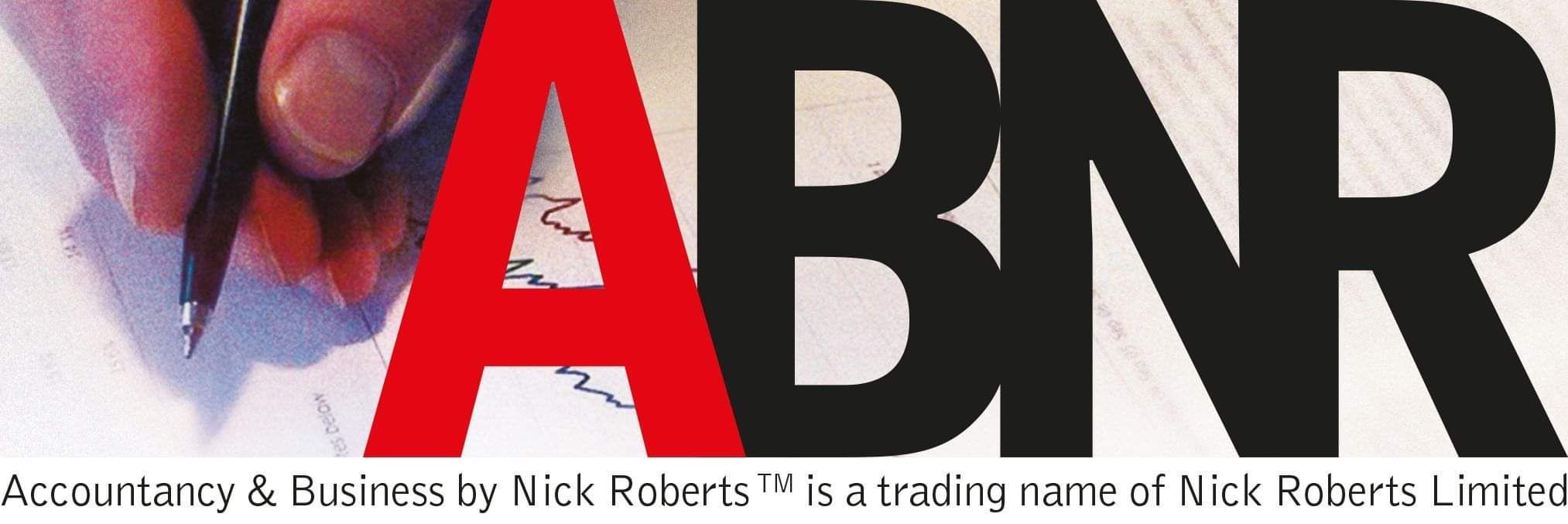Here are 7 useful tips for keeping your accounting organised:
Bank Accounts. Always use separate business bank accounts for your business transactions. Your private bank accounts should be kept wholly for private transactions and mixing up business and private transactions in your bank accounts is a recipe for disaster. The cost of business bank accounts these days is very low and there is no excuse for not having a business bank account or accounts. Get in the habit of making regular transfers of drawings from your business to your private bank account.
No Cash. It’s best not to use cash for your business transactions but if in an emergency you do, then reimburse yourself using a suitable expense claim (which analyses the expenses between expense categories) so that again, all business transactions are recorded and the GST safely captured.
Credit Card. If you use a credit card for your business that is absolutely fine but you should always pay your business credit card bills from your business bank account - that way no business transactions are omitted and all GST captured. Similarly, if you use the wrong Eftpos card by mistake i.e. the one for your private bank account, reimburse yourself using a suitable expense claim.
Bartercard. If you must use Bartercard, then it’s so much easier if you use live bank feeds to record all the transactions on the Bartercard statements because there are a lot of them (especially the fees and charges) and it’s a total pain from the bookkeeping point of view otherwise.
Accounts Receivable. Always ensure you have a system for recording whether your customers, clients or patients have paid your accounts receivable and of equal importance, how old the debts are if unpaid so you chase them up promptly. Your system should also record any special arrangements to pay over time or the excuses given for non-payment. It doesn’t have to be sophisticated and if you are not using your accounting software to issue invoices just write on the face of the invoice whether or not they been paid or not, filing separately those paid from those awaiting payment. It’s surprising how many business people do not know who owes them money which considering how hard it is to earn the money in the first place is just plain crazy!
Accounts Payable. Similarly, always have a system for your accounts payable. I’ve had two clients pay me twice this month for the same invoices which not only is a hassle for me because I have to repay the money but risky for them as not all suppliers are as honest as I am! It’s best to be totally organised with your accounts payable and pay them on the 20th of the month so that your suppliers know when they’re going to be paid and you know when you’re going to pay them. Research shows that the most successful businesses pay their bills on time!
Paperwork. Keep all your business paperwork in an orderly fashion. Nowadays you can scan on the paperwork and keep this electronically, either on your accounting software or in a simple electronic filing system using the US date system so that everything is filed in chronological order. Keep a separate e-folder for each month and year. If you’re old-fashioned you can keep the paperwork in physical form but now so much stuff arrives electronically its pretty daft printing it out and wasting all that ink and paper!
Keeping your accounting organised will save you time and money and help you make your business more successful.


